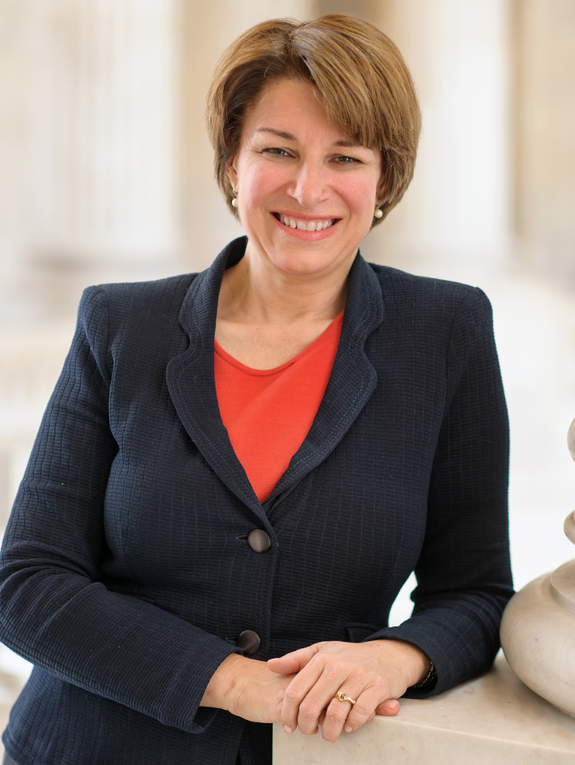Dems Want Assurances Consumers Don't Pay for Blocking Under FCC Ruling
The smarter way to stay on top of the multichannel video marketplace. Sign up below.
You are now subscribed
Your newsletter sign-up was successful
A pair of powerful Hill Dems from both side of the aisle applauded the FCC for voting Thursday (June 6) to clarify carriers' ability to block robocalls by default--before they reach the customer--but also said they would have preferred that it had also made clear those customers would not be paying for the privilege.
“Today, the FCC made an important new ruling to help protect consumers from robocalls—by allowing carriers to block robocalls, consumers will be free from annoying, unwanted, and potentially fraudulent calls," said Minnesota Senator and Democratic presidential candidate Amy Klobuchar. "While this is a promising step, we still must make sure we are protecting consumers’ choice and ensuring that the price of using these call-blocking technologies does not pass to the consumers. That’s why I’ve supported bills like the Telephone Robocall Abuse Criminal Enforcement and Deterrence (TRACED) Act, bipartisan legislation that gives regulators more time to find scammers, increases civil forfeiture penalties, and promotes call authentication and blocking adoption.”
Related: Senate Bulks Up Robocall Fining Authority

“I’m glad the FCC took action to allow more blocking of robocalls, but I’m disappointed the Commission’s ruling doesn’t ensure consumers don’t foot the bill for stopping these calls," said Rep. Frank Pallone (D-N.J.). "Consumers should not have to pay one cent more of their hard-earned money to get rid of these illegal and unwanted calls," he said, adding: "The Committee will markup consumer-focused legislation soon to stop the robocall epidemic.”
Both FCC Democrats--Jessica Rosenworcel and Geoffrey Starks--voted in favor or the item but dissented in part because it did not make the service free.
The smarter way to stay on top of the multichannel video marketplace. Sign up below.
Contributing editor John Eggerton has been an editor and/or writer on media regulation, legislation and policy for over four decades, including covering the FCC, FTC, Congress, the major media trade associations, and the federal courts. In addition to Multichannel News and Broadcasting + Cable, his work has appeared in Radio World, TV Technology, TV Fax, This Week in Consumer Electronics, Variety and the Encyclopedia Britannica.

